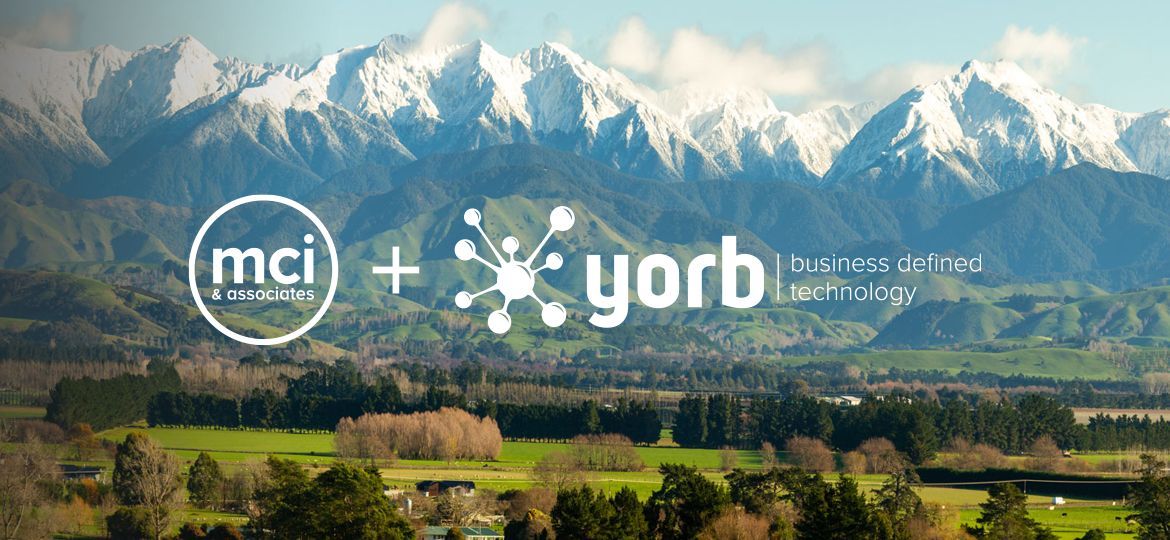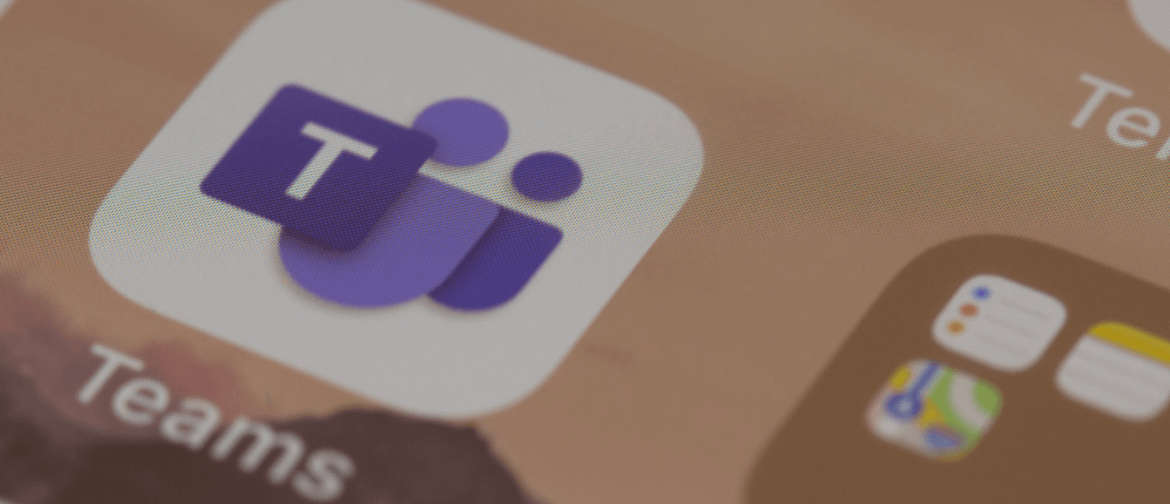Elevate Your Collaboration Game - The benefits of Microsoft Teams Calling
Heather Todd • July 28, 2023
You know how important it is to have seamless communication in our fast-paced work environment. Whether we're in the office, working from home in our pyjamas, or even sipping coffee at our favourite cafe, staying connected is key. As remote working becomes increasingly common, we need to ensure we have reliable tools to support the interaction in our teams wherever they are located.
Microsoft Teams Calling is effectively a unified communication platform, consolidating voice, video, messaging, and file sharing capabilities into a single interface. For SMBs, this integration is a game-changer as it eliminates the need for disparate communication tools, reducing complexity and increasing efficiency. Team members can seamlessly switch between voice calls, video conferences, and instant messaging, all within the same environment.
One stop shop
One of the key things with Microsoft Teams is that it is integrated with other Microsoft 365 applications, like Outlook, SharePoint, and OneDrive. This integration allows users to initiate calls directly from these apps, streamlining the communication process. For instance, a team leader can schedule a meeting in Outlook and seamlessly turn it into a Teams call, ensuring all stakeholders can participate without any technical issues around using different tools.
Real-time collaboration
Teams Calling also includes real-time file sharing and collaboration. Team members can share documents, presentations, and spreadsheets during calls, which allows for a more interactive and productive experience. A team working on a complex project can review design documents together during a Teams call, eliminating the need for back-and-forth email exchanges, speeding up the decision-making process and minimising the risk of mixed and missed messages along the way.
Centralised Communication Hub
It can provide a centralised hub for all team communication and collaboration needs. It consolidates chats, calls, files, and meetings into one tool, which means your team can be trained in one tool and get used to using it regularly. If used properly, this centralisation reduces information silos and ensures that everyone stays on the same page. A marketing team, for instance, can have dedicated channels for specific campaigns, where they can hold video conferences and share campaign assets seamlessly.
Boost productivity
Instead of spending time commuting to a physical meeting location, teams can conduct high-quality, face-to-face meetings from the comfort of their workspaces. This efficiency allows them to invest more time in essential tasks, boosting overall productivity. An HR team can conduct virtual interviews, efficiently assess candidates, and reach quicker hiring decisions. Of course face-to-face meetings are still vital in some situations, but using a tool like Microsoft Teams Calling means you can judge when they are really necessary.
In today's dynamic work environment, effective communication and collaboration are vital. Microsoft Teams Calling offers a strong solution to streamline team interactions, enhance productivity, and foster stronger teamwork. Teams Calling has proven to be a reliable and efficient platform as it helps support improved accessibility, integrates with existing tools, provides a centralised hub, and enhances virtual meetings. When used properly it can empower businesses to adapt to the changing landscape and excel in the world of remote work and beyond.
FAQs
Recent Posts




